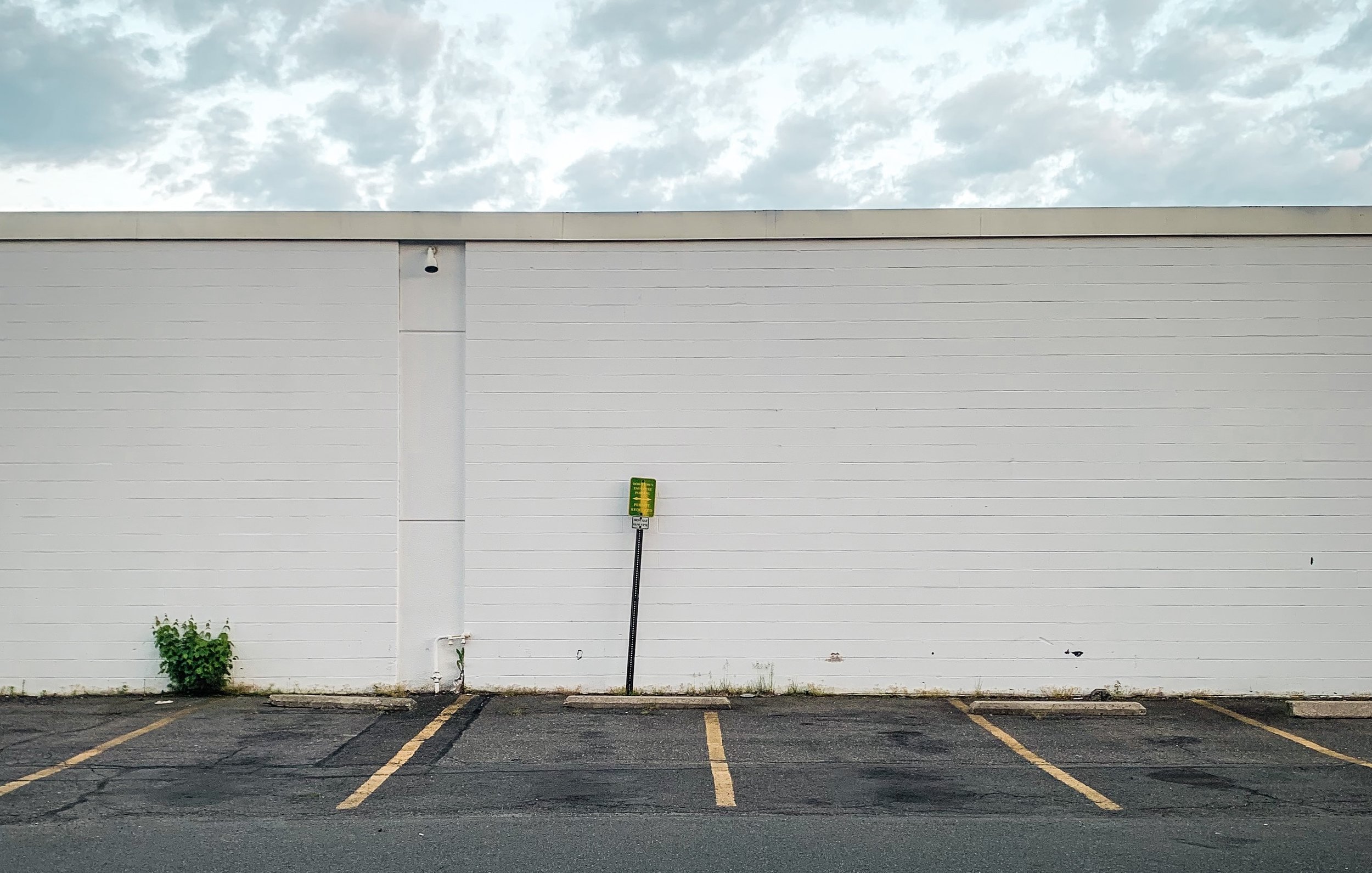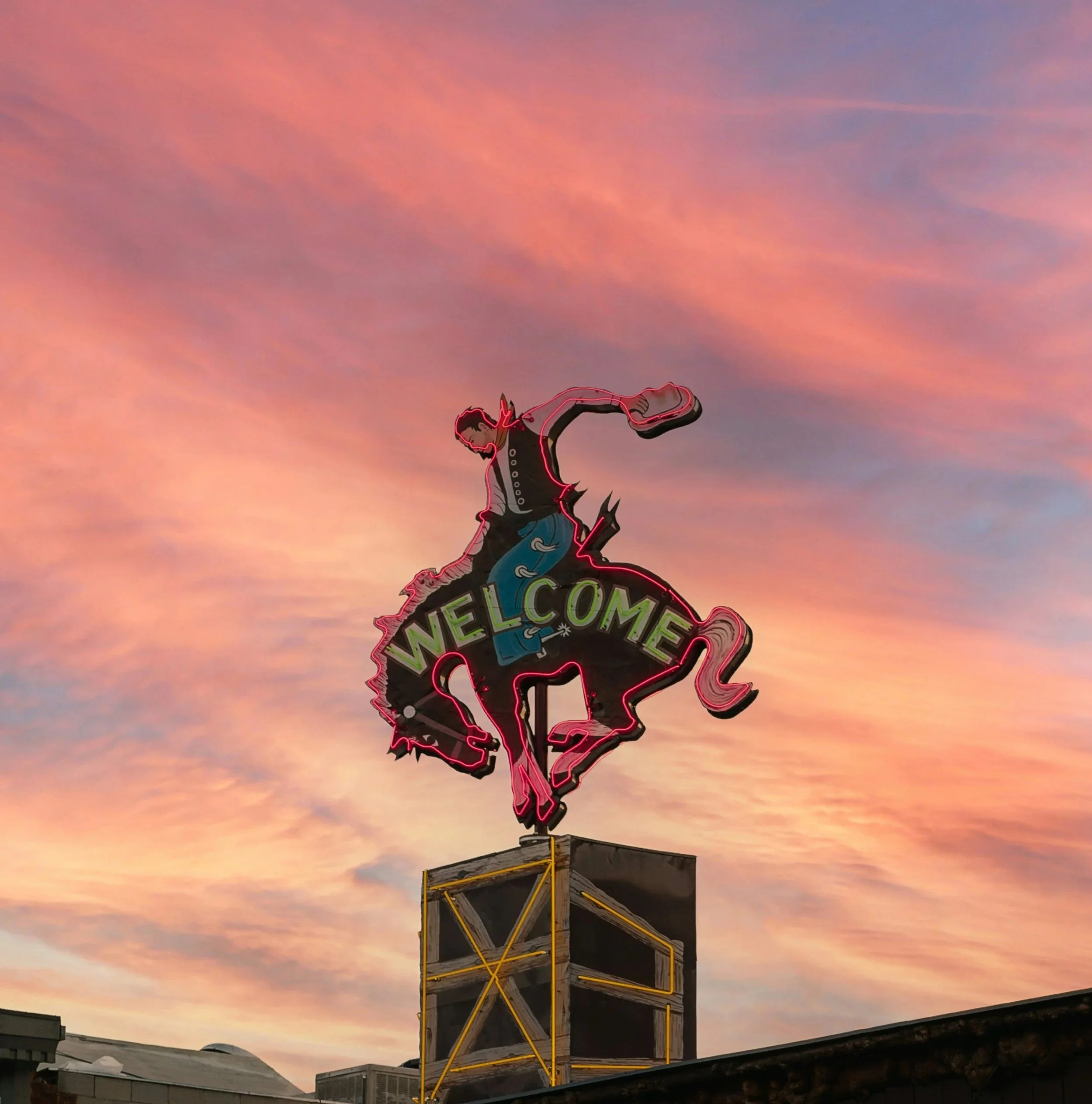To the Teenage Girl at the Abortion Clinic

I tried not to look at you, but then you’d stand up and stretch or gesture big with your hands, and I’d turn my head, and there you were. Maybe 16 or 17 years old, you wore the standard Midwestern teenage-girl uniform: sweatpants hugging your butt and thighs, a bright graphic t-shirt, and well-worn Ugg boots. I wasn’t sure if your shirt was a crop top or if you had simply outgrown it, but now and then I caught a glimpse of the strip of skin just below your belly button. You were already showing, while I, 6 weeks or so along, imagined I looked only slightly bloated. I was a 40-year-old mother and not interested in showing anything—not my legs or cleavage, and certainly not my midriff, which had turned pillowy soft after my son was born 7 years ago. I was wearing errand clothes—cargo khakis and a loose-fitting tee.
You also filled the room with noise. Your voice was incredible—high and bubbling over. You asked your boyfriend where you might go to lunch afterward. You wanted pizza, though you had eaten it for the past two weeks. Or maybe Portillo’s, you said, and then you went on and on about their fries. How you loved them, how they were the best fries of any restaurant ever. And as you talked, you leaned into your boyfriend, occasionally kissing his face.
At the time, I thought everyone hated you: the guy in the corner who looked like he was praying; the lady in the hijab; the man and woman huddled close, him quietly stroking her hand. We were crammed together in neat rows of blue vinyl chairs, the kind you’d find in any doctor’s office. I could tell at least one person in the room was a habitual smoker, the nicotine on their clothes making the air smell stale. On the TV mounted above the receptionist’s desk, one of those house-hunting shows featured a young couple looking for a new home for their growing family, but the sound was so low I couldn’t understand their reasons, and I didn’t care enough to strain my ears to hear them over your chattering.
Your mother and father were there, too. They tried their best to shush you. Occasionally, your mother would shoot you a dirty look and beg you with her eyes to be quiet. Your father walked out to the parking lot more than once. Each time he stood up to leave, he let out a deep sigh of exasperation. When he returned, his shoulders were sloped and his head hung down. I thought he was embarrassed by you.
There were only two other men in the waiting room. Both looked small, slouched down in their seats like they were trying to make themselves disappear. Or maybe that was just my imagination. My own husband didn’t even come in. He was outside in the car. It was a weekday, and he said he had work to do, but I thought it was more than that. Although we both agreed that having a baby in our 40s wasn’t ideal, ultimately the choice was mine. And I wondered if he wanted to put some distance between himself and my decision, much like your father was trying to put some distance between himself and you.
Still, you never stopped talking.
You complained that you’d gained 35 pounds and compared yourself to your gym teacher.
“She’s so fat. I hate her,” you said.
I only caught the first half of what you said when you got angry: “I won’t fucking…”
You won’t fucking what? I wondered. But then you turned tender, sat down in the empty seat next to your mother, and asked her what you’d feel like after.
That moment was the only time you seemed to be aware of where you were and what you were about to do. To my surprise, your mother put her arm around you and pulled you close. She whispered things in your ear that I couldn’t hear, but desperately wanted to. I knew she was comforting you.
“What kind of mother would sit and listen to you without chiding you, putting you in check? Where was your shame?”
When the nurse called me in to do my ultrasound, I was glad to be rid of you. I knew what I was going to feel like afterward. It wasn’t my first abortion. I had one in my twenties just after I graduated college. And even then, I thought abortions, though sometimes necessary, were supposed to be somber events, funeral-like. I thought women who had them should feel ashamed.
When I was a teenager, I once rode in the car with my mother as we passed a young pregnant girl on the sidewalk. My mother was so angry by the sight of the girl that she let go of the wheel with her right hand and began hitting me.
“You better never bring shame on this family,” she said, steering with one hand and punctuating each word with a slap to the back of my neck with the other. I hunched over in the passenger seat and covered my head with my arms.
Growing up, the few lessons I got about sex and pregnancy were like that—cautionary, threatening. My father was a preacher—the fire and brimstone kind—and my mother was probably even more devout than he was. In our house, the birds and bees were invisible pests flying around above our heads, noisy but ignored. I don’t think I ever heard either of my parents speak the word “abortion.” If an unwed pregnancy was a black mark against one’s character, an abortion was a stain so deeply embedded in the fiber of the spirit that it could not be erased.
Seeing you with your mother baffled me. When I got pregnant in my 20s, I could not imagine telling my mother. And I certainly couldn’t see her comforting me as I waited for the nurse to call my name and usher me to where I’d be put to sleep and some doctor I just met would perform the surgical ritual it took to end my pregnancy. What kind of mother would sit and listen to you without chiding you, putting you in check? Where was your shame?
After the clinic, I went home and took the misoprostol. I spent the weekend on the couch popping ibuprofen and wondering if saturating a maxi pad every hour was normal. I didn’t think about you anymore.
It was years later when you crossed my mind again. It was after Brett Kavanaugh and Amy Coney Barrett were appointed to the Supreme Court, after the passing of heartbeat bills in Texas, Kentucky, and elsewhere, after I said to my mother, “Ma, I had an abortion.” We were taking a walk around my neighborhood, side by side, gazes ahead. We never broke our stride. “I always suspected that,” she said. And then she told me how she saw a pregnancy test in my garbage can over 20 years ago. How she couldn’t bring herself to ask me about it and never told my father.
“I’d like to think you’re still loud, still unapologetic, and, like me, angry.”
I was not only surprised that she knew, but also deeply moved that she wanted to protect me. She knew the kinds of comments people might make—the same judgments she may have made about girls like me. She didn’t want her daughter to be called “loose,” “slut,” “whore.” But she also knew that my shame would become her shame. That somehow my scarlet letter would cast a shadow on her. “I thought she raised her better than that,” people would say. She had been protecting us both. In that moment, we weren’t just mother and daughter; we were woman and woman—keenly aware of both the burden of society’s biases toward us and our complicity in perpetuating them. We kept walking. And then I told her about my second abortion, the one I had when I was 40.
“I didn’t know about that one,” she said. “But I wish you could’ve come to me.” She held out her arm and put it around my waist, pulling me to her in an awkward hug—a hug I’d been wanting for twenty years.
We walked back to my house and sat on the porch in comfortable silence. Then my mother revealed something to me: “I once thought about having an abortion.”
I think her revelation was supposed to shock me, but it didn’t. My mother married at 18 and became pregnant at 19. Money was tight, and she had just started working on her college degree. Of course, she was scared. She knew what she’d have to sacrifice—what women often sacrifice: her youth, her dreams, her autonomy, her body.
“I couldn’t do it because of my faith,” she said. And I told her I understood, that I was glad she told me. I felt closer to her than I had my whole life.
When the Supreme Court overturned Roe v. Wade, I thought of you again. I’d like to think you’re still loud, still unapologetic, and, like me, angry. Angry for the 40-year-old woman who’s done having children, the teenager who just wants to finish high school and hang out with her friends, the 20-year-old college student with plans for graduate school, the single mother who can’t afford another mouth to feed, the woman who knows having a baby will put her health in jeopardy, the woman who doesn’t want to have her abuser’s child, the depressed woman who can barely take care of herself, the woman at the top of her career who doesn’t want to slow down, the woman who simply isn’t ready, the woman who will never be ready.
I still sometimes find it hard to wrap my mind around you. Especially when I think that maybe what I saw as teenage bravado and irreverence was simply a girl who knew what she wanted and was unashamed about it. And I think about your mom and her compassion for you. I wanted that for myself, which is why I told my mother about my abortions. That was the first step in shedding the shame I’ve felt for so many years. And while I will never know what your mother whispered to you that day in the clinic, I suspect it made you feel the way I did after my mother confided in me that she’d kept the secret of my abortion—that, whatever choices you make, you are loved.
About the Author
Shavahn Dorris-Jefferson’s work has appeared in New Ohio Review, HerStry, Rattle, Painted Bride Quarterly, Cimarron Review, Carve Magazine, Salamander, The Baltimore Review, Sugar House Review, and other journals. She received an MFA from Vermont College of Fine Arts and is co-poetry editor for The Maine Review. Shavahn lives in Frankfort, IL with her husband, Alvin, and son, Alvin Jr.
Read Shavahn’s “Behind the Essay” interview in our newsletter.
Header photo by Chris Mok.
Edited by Tusshara Nalakumar Srilatha.











